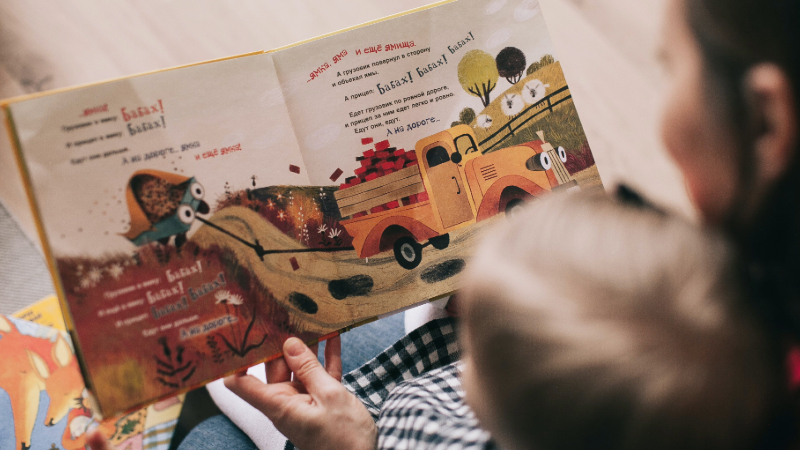Study reveals the sustained benefits of early education on pandemic babies and toddlers

The more time pre-schoolers spent in childcare during the first year of the pandemic, the more their vocabulary grew, a new study involving an Oxford Brookes academic has shown.
Dr Nayeli Gonzalez-Gomez, Senior Lecturer in Psychology at The Centre for Psychological Research at Oxford Brookes University, was part of the team working on the study.
The aim of the Sustained benefits of early childhood education and care (ECEC) for young children’s development during COVID-19 study was to discover to what extent the benefits of ECEC were maintained during the disruption to education caused by lockdown restrictions.
The results, published in the Journal of Early Childhood Research, revealed that for each day of the week spent in ECEC, toddlers learned an average of 29 more new words over the first year of the pandemic. They could also understand an average of 16 more new words than children who did not attend formal childcare.
Led by the University of Leeds, the research also found that for children from disadvantaged backgrounds, the more time spent in ECEC settings, the better their communication and problem-solving skills.
Dr Gonzalez Gomez said: "The fact that ECEC settings were grappling with disruption into 2021 yet still maintained these protective effects highlights both the robustness of their influence on children’s development and the crucial role that these settings play in fostering children's growth.”
Dr Catherine Davies, Professor of Language Development in the School of Languages, Cultures, and Societies at the University of Leeds, said: “Our findings demonstrate the importance of early years education for children born without social advantage, helping to narrow the gap in early development and level socioeconomic inequalities.”
Dr Gonzalz Gomez is also the lead researcher on the wider Social Distancing and Development Study (SDDS), funded by the Economic and Social Research Council (ESRC). The SDDS followed over 600 children and their families, aged between eight months and 36 months, living in England, Scotland and Wales. The SDDS study looks at many aspects of baby and toddler's lives and development during the pandemic. Data was gathered in Spring 2020, Winter 2020 and Spring 2021, using online questionnaires because of Covid restrictions in place at the time.
Parents completed surveys about their daily lives and children’s abilities, including the number of words that their child said or understood, and their child’s early thinking skills, or executive functions – the control of attention, behaviour and emotion. They followed up at regular intervals throughout 2020 and 2021, reporting again on their child’s language ability and thinking skills.
They were asked to record their child’s understanding and use of words across categories such as vehicles, adventures and animals. They were also asked how often their child exhibited different behaviours, then played games designed to elicit skills such as waiting, finding, and sorting. For problem solving, caregivers commented on whether, for example, their child could retrieve a sweet from a bottle by turning it upside down.
Researchers then explored links between families’ socioeconomic backgrounds, children’s growth in language and thinking skills, and time spent in non-parental childcare before the Spring 2020 lockdown, during all three lockdowns (Spring 2020, Winter 2020, Spring 2021), and between these lockdowns.
The researchers working on the ECEC study are appealing for education policy reform by Government to enable:
-
better promotion of the role of ECEC for children’s development, for example by highlighting its provision of education as well as care, and as a means for narrowing attainment gaps and generating economic productivity.
-
support for lower-income families to access early childhood education and care, for example by simplifying application processes and increasing funding for the Early Years Pupil Premium.
-
a review of ECEC funding under the upcoming sector expansion, with the goal of ring-fencing sufficient resources for high-quality, flexible, professionalised provision. This could include exempting providers from business rates.
-
schools to nurture children who may not have developed pre-pandemic levels of school readiness during the preschool years, for example by investing in family and community support and parent engagement opportunities.
The research team plans to continue to follow the cohort of “pandemic babies” as they start school and advance through their education.
The study was carried out in collaboration with researchers at Oxford Brookes University, University of Oxford, Leeds Beckett University and University of Warwick.
